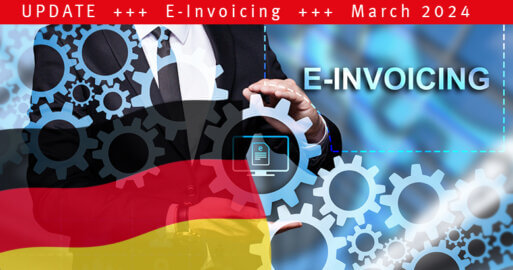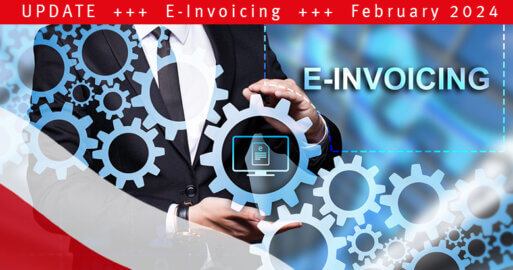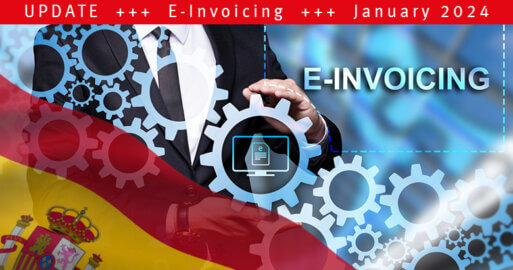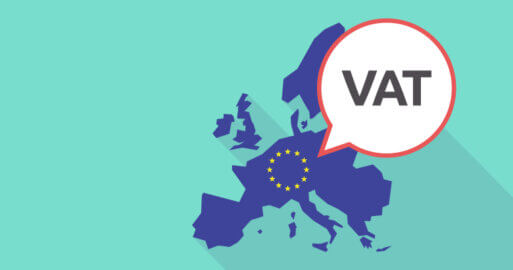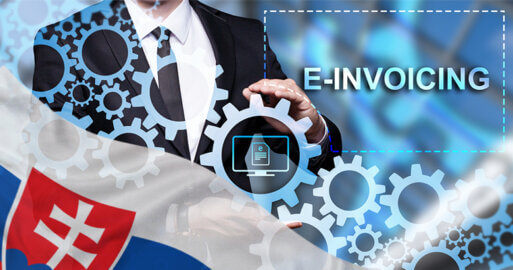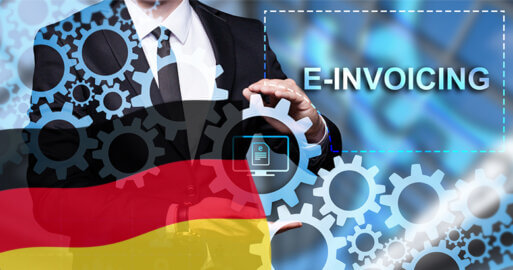Luxembourg Phasing In Mandatory B2G E-Invoicing over Peppol
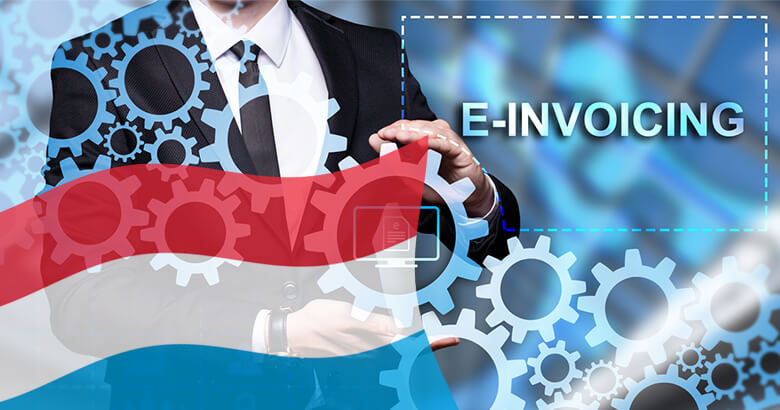
Since 18 April 2019, Luxembourg has permitted e-invoicing as per the European standard to public administration bodies (B2G) on a voluntary basis. On 13 December 2021, the Luxembourg government passed a law to phase in mandatory B2G e-invoicing. From May 2022, companies over a certain size have been required to e-invoice their customers in governmental agencies. From March 2023, this mandate willl be complete when it extends to all other companies involved in B2G transactions.
This project is part of the European Union’s digitalization initiative as per Directive 2014/55/EU, with the following aims:
- to combat tax fraud with full checks on the e-invoicing process
- to reduce bureaucracy and streamline administrative and commercial processes
- to reduce administrative costs and speed up the incoming invoices process
How is the B2G E-Invoicing Mandate Being Rolled Out?
Phase 1: 18th May 2022 – Large Companies
Since 8 May 2022, B2G e-invoicing has been mandatory for large companies meeting at least 2 of the following criteria:
- A balance sheet total exceeding 20 million euros.
- An annual invoicing sum exceeding 40 million euros.
- A workforce encompassing more than 250 full-time equivalent employees.
Phase 2: 18 October 2022 – Medium-Sized Companies
Since 18 October 2022, B2G e-invoicing has been mandatory for medium-sized companies meeting at least 2 of the following criteria:
- A balance sheet total between 4.4 million and 20 million euros.
- An annual invoicing sum between 8.8 million and 20 million euros.
- A workforce of between 50 and 250 full-time equivalent employees.
Phase 3: 18 March 2023 – smaller, remaining businesses
The smaller businesses have had more time to move over to mandatory e-invoicing. From 18 March 2023, B2G e-invoicing will be mandatory for all companies meeting at least 1 of the following criteria:
- A balance sheet total below 4.4 million euros.
- An annual invoicing sum of maximum 8.8 million euros.
- A workforce of maximum 50 full-time equivalent employees.
Peppol Plays a Key Role in Luxembourg’s E-Invoicing Mandate
To facilitate compliance, Luxembourg has decided to use the standardized Peppol network using the PEPPOL BIS Billing 3.0 standard. All public administrations in Luxembourg must be able to support the Peppol transmission and messaging standards in order to receive electronic invoices. There are two ways bodies may access Peppol:
- State administrations use the common Peppol Access Point (Peppol-AP) assigned by the State Centre for Digitalization and Information Technology
- Other awarding bodies use the Peppol Access Point (Peppol-AP) assigned by the State Centre for Digitalization and Information Technology, unless they have their own access point.
Companies wishing to send electronic invoices to the public administration must therefore apply for their own Peppol Access Point to send to either the common or an individual recipient Peppol Access Point.
Non-Peppol-capable businesses with few invoices can instead issue and send electronically compliant invoices through a form on the web-based service MyGuichet.
Luxembourg compliant with EU 2014/55 Directive
With its B2G e-invoicing mandate and use of Peppol and the portal MyGuichet.lu, Luxembourg is the latest in a line of countries including Germany, Poland and France, to comply with Directive 2014/55/EU of the European Parliament and of the Council of 16 April 2014 on electronic invoicing in public procurement.
How can SEEBURGER help you implement an e-invoicing solution?
An extremely experienced provider of integration solutions and e-invoicing services, SEEBURGER has the technology and expertise to ensure you comply with both global and local regulations on e-invoicing within Europe and beyond. In addition to our own Peppol Access Point, we offer deep process integration with any ERP system to automate the processing of both incoming and outgoing invoices. This includes seamless integration with SAP S/4HANA.
Thank you for your message
We appreciate your interest in SEEBURGER
Get in contact with us:
Please enter details about your project in the message section so we can direct your inquiry to the right consultant.
Written by: Andreas Killinger
Andreas Killinger joined SEEBURGER in 2014 and is a product manager, responsible for EDI services and software applications. He specialises in SAP solutions, as well as electronic invoicing (e-invoicing) for globally active customers. Following an apprenticeship as an industrial mechanic and a degree in law and administration, he had various roles in the public sector. He then worked for IBM as an SAP Senior Consultant and SAP Project Manager in international SAP projects from 1999 to 2013.
